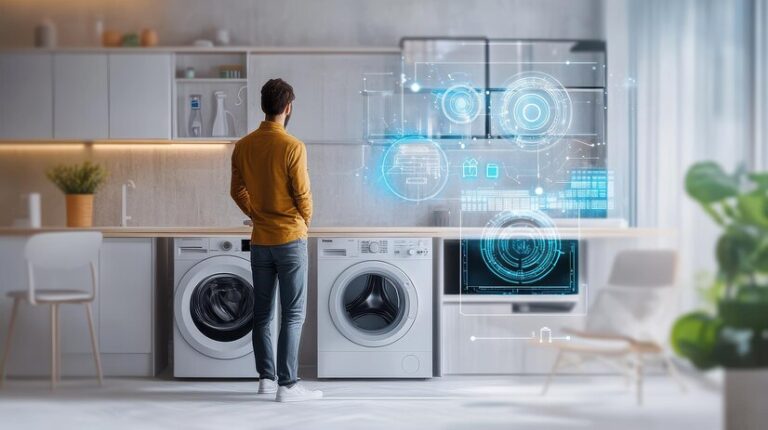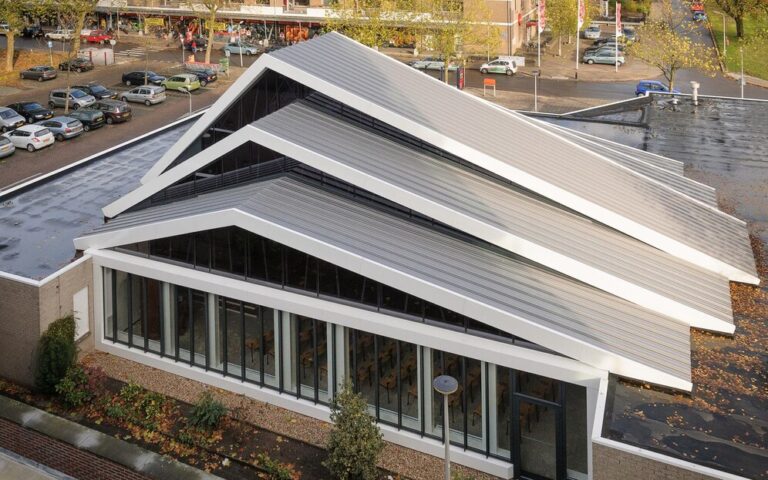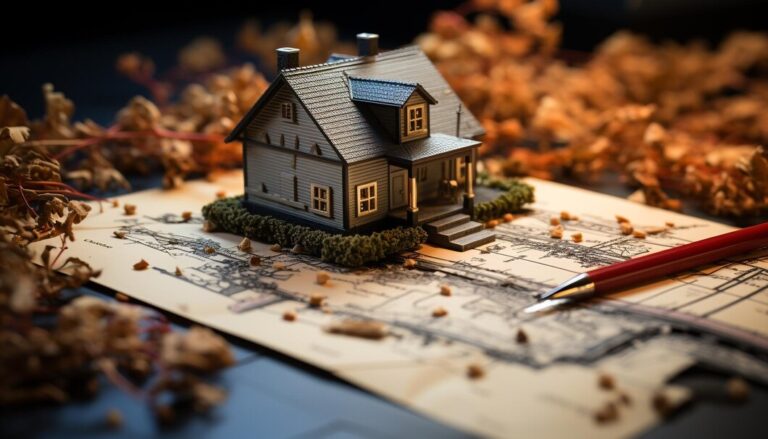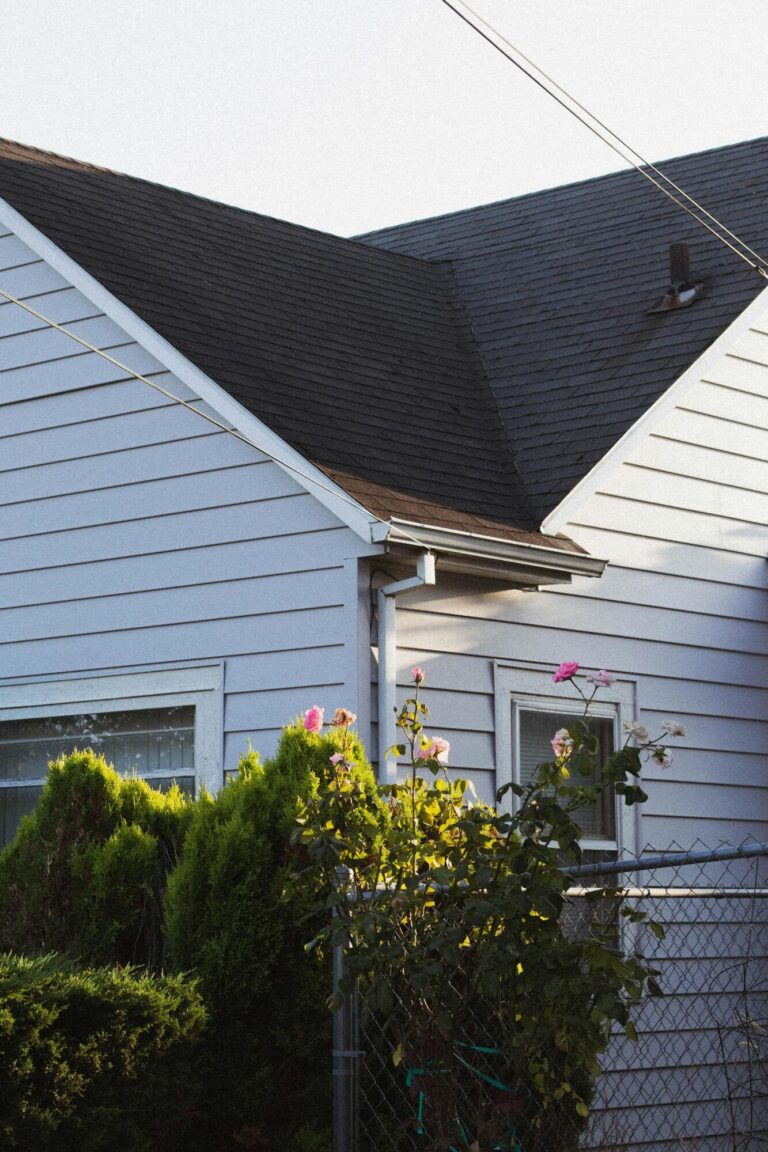Ensuring Long-Term Efficiency: A Guide to Plumbing Maintenance
Understanding Plumbing Systems
Plumbing systems are integral to any home, ensuring efficient water transport for various needs. These systems typically consist of pipes, valves, fixtures, and multiple appliances that make daily chores easier. A well-maintained system ensures convenience and prevents the need for significant repairs, such as sewer repair in Union, Kentucky. Knowing how different components work together is crucial to keeping everything flowing smoothly when dealing with plumbing. For instance, locating your main water shut-off valve can save precious time in an emergency.
Understanding how your plumbing system functions can save you time and money when issues arise. By learning the basics, such as the difference between supply and drain pipes, you can resolve minor problems yourself. More complex issues, however, will still necessitate the assistance of a professional. Familiarize yourself with crucial plumbing terminology to aid in clear communication with plumbers. Identifying potential problems early, before they escalate, often requires professional advice, so don’t hesitate to seek help when needed.
Common Plumbing Issues and Prevention
Common plumbing problems, such as leaks, blockages, and variable water pressure, can disrupt everyday life. Regular inspections and proper maintenance can prevent these issues from becoming severe. For instance, avoiding grease disposal down your kitchen sink can alleviate future clogging problems. Additionally, troubleshooting low water pressure issues can save you from more significant headaches. Preventative measures are crucial to maintaining a problem-free plumbing system.
For example, preventing plumbing disasters can be as simple as checking for leaks under sinks, monitoring water pressure, and ensuring toilets function correctly. Routine tasks, such as replacing worn-out washers in faucets, can prevent leaks before they start. Moreover, being proactive about sediment build-up in you can increase the longevity and efficiency of your water heater. Knowledge and vigilance are critical aspects of avoiding major plumbing issues.
Routine Maintenance Tips
- Inspect pipes regularly for leaks or signs of wear. Early detection can prevent costly repairs and potential water damage. Check exposed and hidden pipes, such as those behind walls, for any signs of moisture or corrosion.
- Maintain clean drains by monthly applications of baking soda and vinegar, which can help dissolve minor blockages. Avoid harsh chemical cleaners as they can eventually deteriorate your pipes, necessitating more costly repairs.
- Every year, flush your water heater to get rid of sediment, which can reduce its efficiency. It entails turning off the heater’s electricity, connecting a hose to the drain valve, and waiting for water to flow out until it runs clear. Regular flushing ensures optimal water heater performance and longevity.
- Regularly check water pressure to avoid stress on pipes and fixtures. Most homes operate best with pressure between 40 and 60 psi. You can use a water pressure gauge to monitor levels and adjust the pressure regulator. Excessively high pressure can lead to burst pipes, while low pressure can signal hidden leaks.
Energy-Saving Tips for Your Plumbing
Optimizing your plumbing system can lead to significant energy savings over time. Installing low-flow faucets and showerheads, for instance, can significantly reduce water use without compromising performance. Heating your water to 120 degrees Fahrenheit balances energy efficiency and comfort. These minor adjustments make a big difference over a year.
For more in-depth energy-saving strategies, consider referring to Do-it-Yourself Energy Savings Projects. These resources provide step-by-step instructions to improve your home’s energy efficiency and reduce monthly bills. Another option is insulating your pipes, preventing heat loss and keeping your water heater from working overtime. Increase your savings by employing timed controls or upgrading to a more energy-efficient water heater.
Resources for Private Homeowners
Online resources like This Old House and Energy.gov offer expert advice on home maintenance and detailed guidance on enhancing efficiency. These platforms offer DIY tips, videos, and in-depth articles for homeowners of all skill levels. Homeowners can save money and maintain a cozier home by addressing common plumbing problems, performing preventive maintenance, and understanding when to call a professional. Joining local homeowner forums or communities can provide further insights and experiences, making the maintenance process more accessible.







